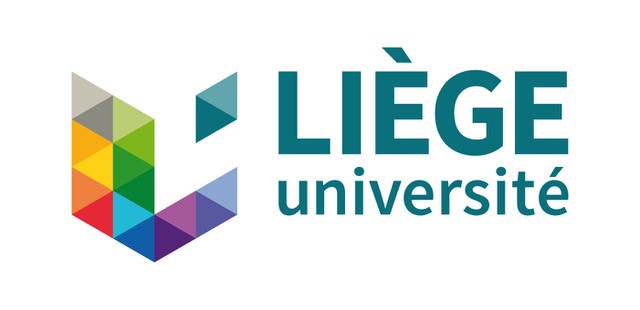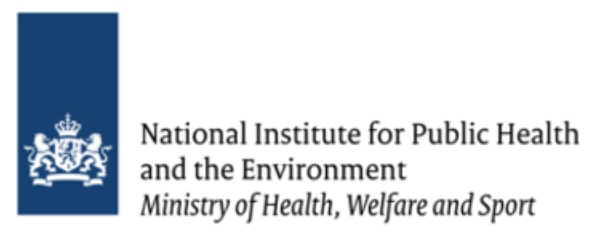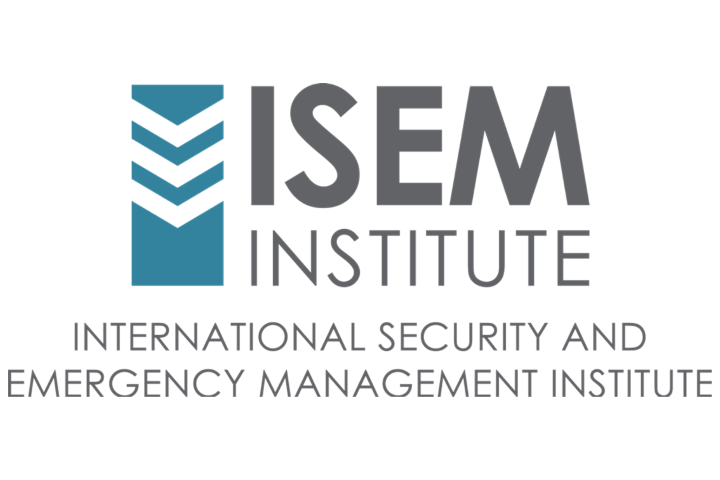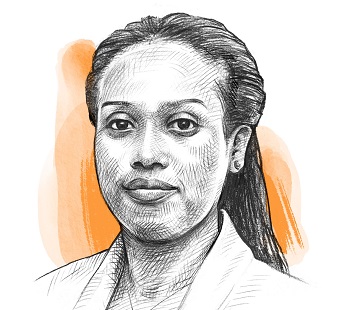Project 99 of the EU CBRN Centres of Excellence (BIOCAP-ECA)
Objective
-
€3.5mBUDGET
-
07/12/2022PROJECT START
-
42 monthsDURATION
A need to strengthen biosecurity in Central and East Africa
Central and East African countries have put in place measures to mitigate the risks brought about by biological agents. Some countries have developed legislation and/or regulations, established biosafety committees and/or frameworks, and have joined regional associations.
However, the legal framework, the infrastructure and the resources are sometimes not sufficient to monitor progress in biological sciences. There is also a greater focus on biosecurity as opposed to biosafety, while there is a lack of coordination between the animal, human and environmental factors. Regulations in areas concerning high-containment facilities, the detection of agents, the transfer of materials, Dual Use Research of Concern, and waste management are inadequate, and there is a limited inclusion of the various stakeholders. The lack of collaboration between the sectors of animal and human health through the One Health approach remains a major challenge.
In this context, the Chemical, Biological, Radiological and Nuclear (CBRN) Risk Mitigation Centres of Excellence Initiative of the European Union (EU) has launched Project 99 to assist 11 countries in the region with these aspects.
BIOCAP-ECA: Strengthening coordination between biosecurity and biosafety
BIOCAP-ECA is a demand-driven project based on six complementary work packages that promote a collaborative and flexible approach adapted to the country. It is an inclusive project drawing on local expertise, and promotes cooperation with other operators in the field of biosecurity and biosafety to improve the impact and results.
The activities are structured as follows:
1. Preparation of biosecurity and biosafety roadmaps: an inventory will be made of capabilities in the fields of human/animal health and the environment to assess the levels of countries in terms of biosecurity and biosafety.
2. Improvements in legislation on biosecurity and biosafety: compliance with international requirements and regulations, such as the Biological and Toxin Weapons Convention, the United Nations Security Council Resolution 1540 and the International Health Regulations, will be reviewed.
3. Conducting a national biological risk assessment: the countries will work on identifying and assessing the potentially harmful effects of biological material on human and animal health, or on the environment, by establishing a risk assessment method.
4. Establishment of a risk management system: the countries will assess the compliance of laboratories with the ISO 35001 standard, implement its principles, develop policies, and conduct training and awareness-raising among their staff on biosecurity and biosafety and risk reduction.
5. Development of a framework for Dual Use Research of Concern: the countries will learn how to manage dual-use biomaterials, the equipment, and transport safety/security. They will establish procedures for access to toxic biomaterials and for border controls.
6. Strengthening of the management of laboratory waste and healthcare: systems will be developed to improve the management of biological waste using standardised operational methodologies, regulations and procedures. Work will be carried out to raise staff and public awareness in terms of waste management.
Action on the legislative framework, the assessment methods and risk reduction
At the project completion, the partner countries will have strengthened their legislative framework, in compliance with international requirements and regulations. In addition, biosecurity and biosafety risk assessment methods will have been developed and implemented in these countries. The project will also reduce:
• Biological risks, in laboratories/facilities, at the national and regional levels, through the introduction of a biological risk management system
• Risks of proliferation, through the creation of a framework for Dual Use Research of Concern
• Risks for public health, through improved biological waste management
Examples of regional activities
Regional Seminar on Risk Assessment. October 2023 in Addis Ababa
Representatives from the partner countries gathered to review the situation in terms of biosecurity and biosafety in the partner countries. The objective was to:
• Achieve consensus on the outline of a national risk assessment tool for the region
• Assist with the preparation of a priority list of diseases and the biological agents at issue, and a preliminary mapping of facilities that handle high-risk biological material
• Evaluate the structures for secure information sharing at the national and regional levels
• Learn about other related initiatives in the region conducted by international and regional organisations
Regional Seminar on the Assessment of National Biological Risks and Waste Management. June 2024 in Nairobi
Experts from 11 partner countries gathered to increase the capabilities of their countries to manage and address risks caused by biological materials and facilities. With support from European experts from the BIOCAP-ECA project, the experts managed to develop a national biological risk assessment tool adapted to each partner country. The seminar was also an opportunity to learn about the key principles of biological waste management, as well as international standards and UN guidelines on biological waste.







